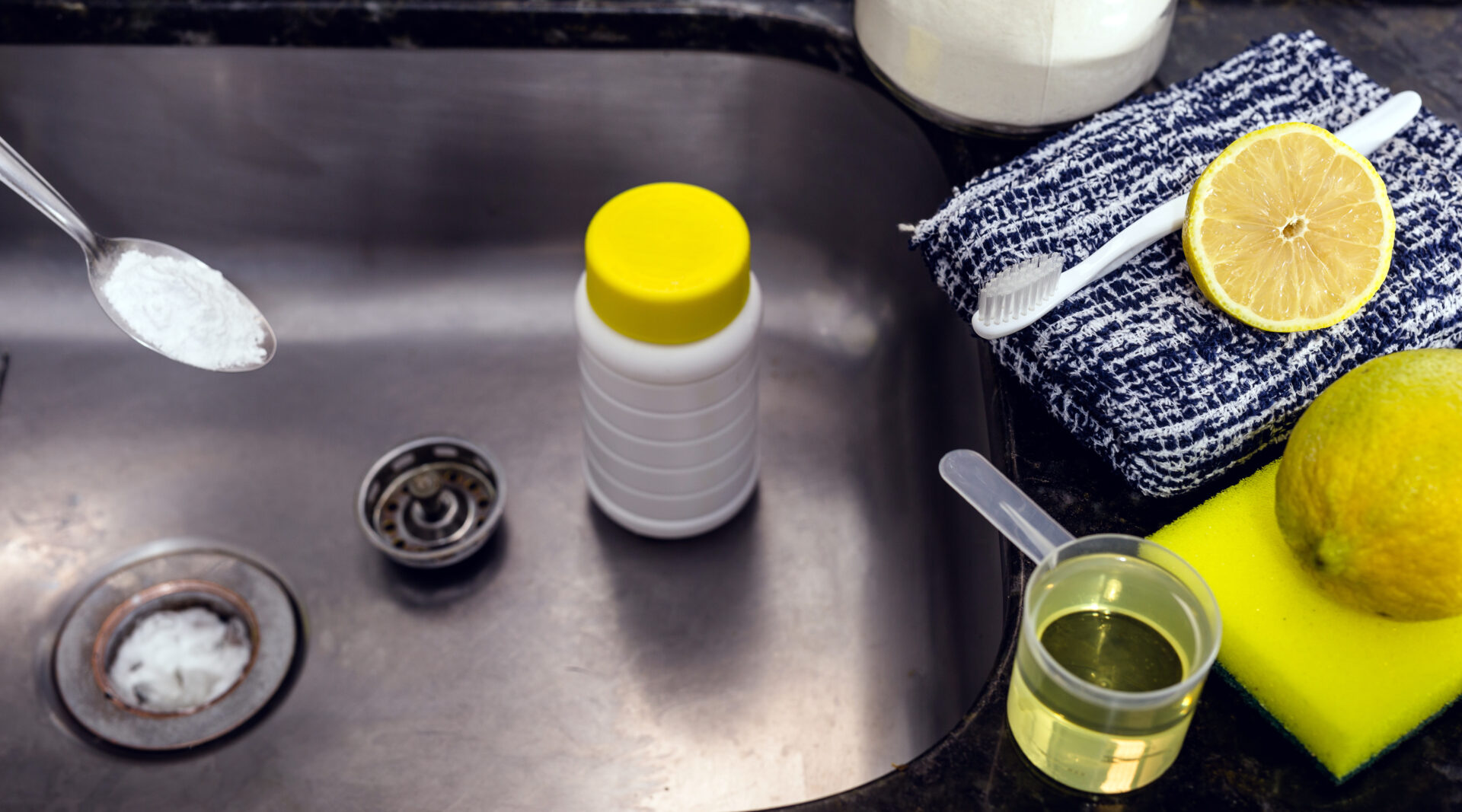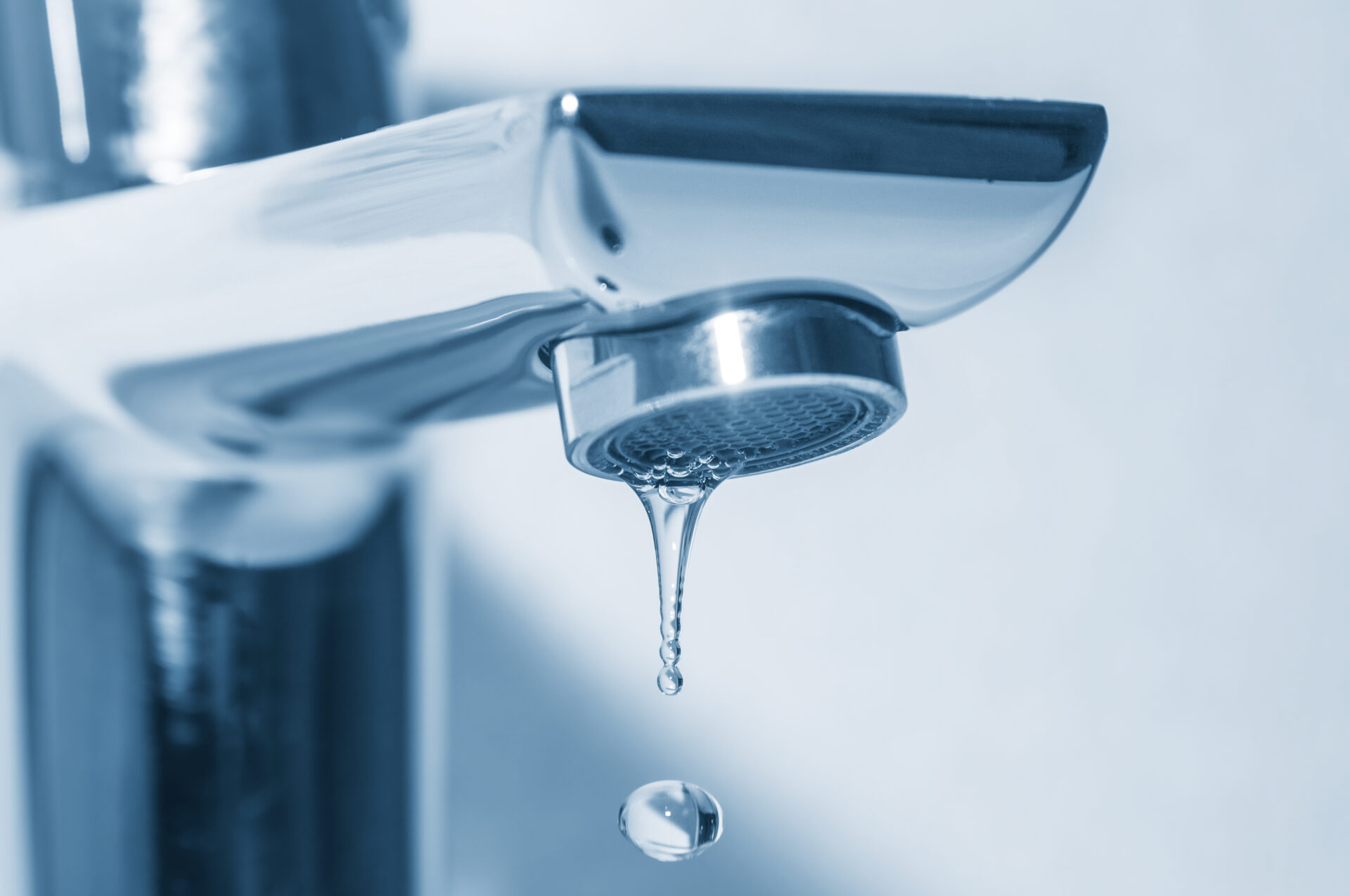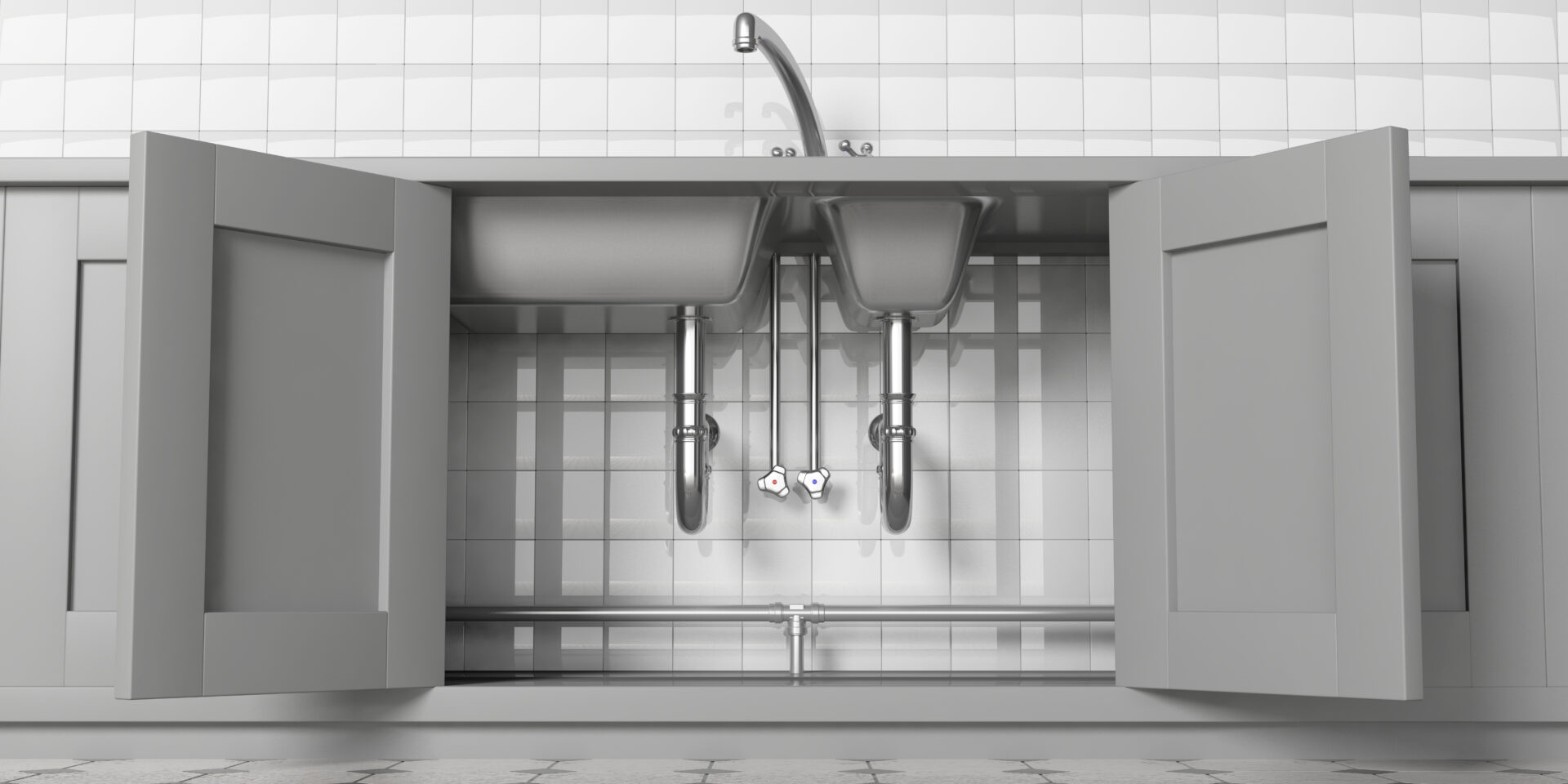While some may argue that chemicals work more effectively than milder cleaners, we have finally weighed in some reasons why this should not be the case. Most Canadian homeowners would surely opt for effective cleaning, but to achieve such, some elements should not be compromised. For safer and more practical household plumbing and cleaning, here are the top 5 reasons why you should avoid using chemical drain cleaners in clogged drains:
1. Chemicals are toxic and can produce fumes in clogged drains
There are many reasons why chemicals are silent killers, but when it comes to being a drain cleaner tool, they can do more harm than cleaning. Chemicals are not only highly toxic to your children or pets, but they can also damage your pipes. Chemical drain cleaners generate heat to break down clogs along your pipes. This heat can compromise the quality of your PVC piping, softening them in the process. Additionally, any chemical drain cleaners produce fumes that are toxic and can burn your eyes. Children and pets should never be nearby if you choose chemical cleaners for your household plumbing. Better yet, don’t use chemical cleaners at all to avoid risks of burns and toxic absorption in clogged drains.
2. Corrosion, erosion, and deterioration of pipes in clogged drains
Chemical cleaners also corrode older metal pipes and cause erosion as well as deterioration of pipes. Since old metal pipes typically have corrosion in them where the cleaner could enter and not leave, the chemicals in the cleaner will continue to eat your pipes, causing further corrosion and leaks. If you have plastic pipes, the chemicals can eat through the plastic and cause leaking and damage.

3. Can end up in water sources when used on clogged drains
Another huge problem with commercial drain cleaners is the chemicals they contain. Most of these cleaners contain bleach that causes toxic fumes. When using these cleaners, they can easily end up in the water sources or supplies. To add, dumping chemical cleaners into your drain means that they will definitely go to septic systems. Keep in mind that anything you dump into your clogged drains has the potential to be taken into the groundwater around your home which can also affect your health.
4. Not effective and does more harm than good in clogged drains
We hate to break it to you but chemical cleaners don’t work on every clog. When it comes to stubborn clogs, chemical cleaners are not that effective. Letting these chemicals sit for longer periods of time may even increase harming the pipes. If you flush them out, this can also lead to problems with the septic system. Also, not all clogged drains can be resolved with chemical cleaners. For instance, pipes clogged due to tree roots in the backup drain require professional plumbing and clearing services beyond chemical cleaners. So, take note that chemical cleaners are not as highly effective as homemade cleaners most of the time.

5. Damage to sinks or bathtubs when used on clogged drains
Chemical drain cleaning solutions contain strong acids and other harmful components. If you use them on your sinks or bathtubs, they will destroy the enamel-based finish that sinks and bathtubs usually have. This type of damage usually requires replacement, creating more repair costs on your part. Note also that chemical cleaners have also been known to dissolve certain types of metal components in sinks or bathtubs, creating holes in brass traps. This will greatly affect your daily consumption of water in the long run.
What can you use instead of chemical cleaners?
The reasons why you should not use chemical cleaners can be overwhelming, so we have listed some alternatives here that are more effective, affordable, and safer than chemical cleaners.
- White vinegar and baking soda- White vinegar is known to be acidic while baking soda is a natural cleaning product. Mixing these two ingredients creates an effective cleaning tool for getting rid of clogs overnight.
- Boiling water and powder detergent or dish soap- the hot water will liquefy the clog while the soap helps in flushing them down.
- White vinegar and lemon juice – This mixture cuts down grease and freshens the pipes, too!
How MidCity Plumbers can help with clogged drains
If the homemade remedies do not match the stubborn clogged drains you have, don’t reach for chemical cleaners. Instead, hire a professional team of certified plumbing experts to get the job done. MidCity Plumbers is a reputable team of expert plumbers with the necessary tools and expertise for the job. Our efficient service includes reliable plumbing and drainage services completely right from the inspection through the final unclogging stages. Expert plumbers can efficiently get rid of clogging or other issues in a safer way. Our plumbing services are available in residential and commercial areas. We cover all your plumbing needs from leaks, clogs, to water heaters or drainage problems. Just contact us today at 📞 (778) 772-8676 and our team will be right on the way in the least amount of time!
The post 5 Reasons to Avoid Drain Cleaner Chemical in Clogged Drains appeared first on MidCityPlumbers.
source https://midcityplumbers.com/blog/avoid-drain-cleaners-in-clogged-drains/



















